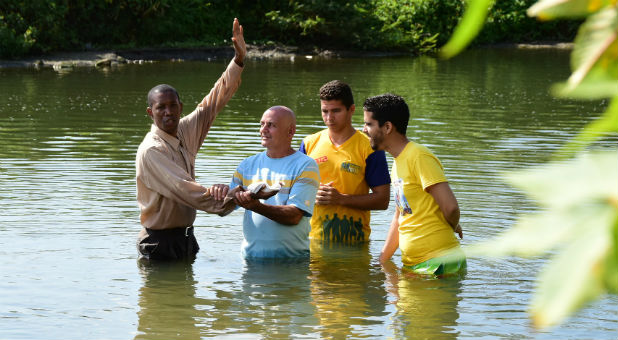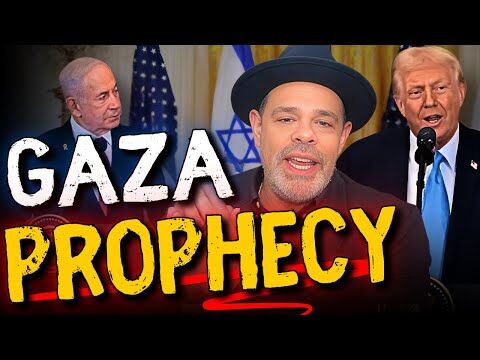Kazakhstan has ordered the expulsion of a Canadian citizen for conducting “illegal missionary activity” by holding baptisms in hot springs near the country’s commercial capital, Almaty.
Hae Taik Kim, a Canadian citizen who leads a church in New York, was also fined 226,900 Tenge (U.S. $680)—about two months’ average wage. A local Protestant pastor, Marat Tlegenov, received the same fine. Four others—two Korean citizens and two US citizens—were also fined and banned from conducting what regional news agency Forum 18 said were “unspecified activities” for three months.
According to Forum 18, “those who conduct ‘missionary activity’ without personal registration as a ‘missionary'” are subject to heavy fines, while foreigners are subject to deportation.
Five of those prosecuted said they did not know that participating in a baptism was illegal. It is not known how prosecutors found out about the baptisms.
Impact of Extremism
An authoritarian approach by the Kazakhstan government, with its stringent rules and regulations, stems in part from Central Asian states like Kazakhstan taking the threat of Islamist terrorism so seriously that they will do whatever it takes to quash it— which can mean the repression and control of every citizen, regardless of their religion, according to consultant risk analyst, Mark McNamee.
According to U.S.-based magazine Foreign Policy, Islamic extremism in Kazakhstan has “planted its roots and is here to stay.” Although branded a “beacon of stability” in the region by its president, Nursultan Nazarbayev, two terrorist incidents in 2016 that left 35 people dead “exposed cracks in that façade,” reported the magazine. The attacks had no direct connections to extremist groups from abroad but officials said “extremist teachings found online, including those from the Islamic State, inspired both incidents.”
Partly because of the two attacks the government set up the Ministry of Religious Affairs and Civil Society to engage with the religious community and craft policy aimed at preventing extremism. One of the ministry’s three main responsibilities is to ensure secularity of the state “while protecting the interests of Kazakhstan’s religions and individual religious freedoms,” Nurlan Yermekbayev, Minister for Religious and Civil Society Affairs, said last year.
This article originally appeared on World Watch Monitor.












































